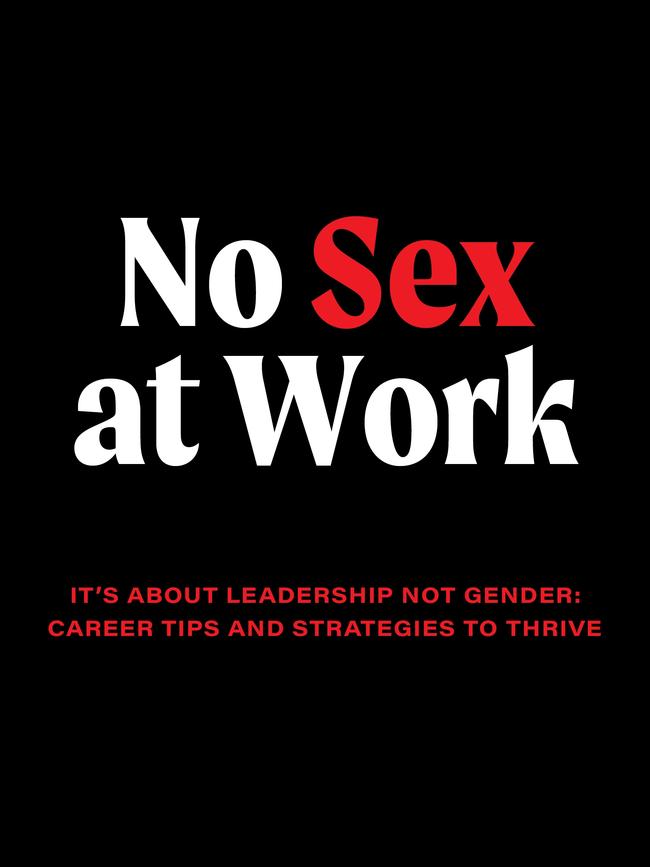Bosses anxious that feedback looks like bullying
It’s hard to level with your staff if you’re afraid they will accuse you of harassment or bullying.

Workplace consultant Judith Beck says people are increasingly anxious about mentoring younger staff for fear of being accused of sexism, harassment, bullying or discrimination.
“It’s very difficult these days for people internally to be advocates for employees because they don’t know what they can say to them, they have to worry about the company and how will it be perceived,” she says. “There’s a real anxiety across the board and it is getting more and more. It’s not just gender issues, it’s whether something could come across as bullying or discrimination.”
Beck, who has just published a book on women’s career advice called, No Sex at Work, argues that people need to seek out and develop external mentors and advocates rather than trying to find them within the office.
“You need internal sponsors who will be internal cheer leaders who will say, this person is really good,” she says. “But when you want real mentoring and real critique, externals will give it to you because they don’t have an agenda.”
Beck says the ability to have these sorts of conversations within offices has “tightened up substantially”.
“It’s a shame,” she says. “You should be able to give people constructive feedback.”
The solution is to set clear rules of engagement by asking employees how they want feedback delivered and what they expect.

Beck rejects the notion that younger workers are less prepared to accept feedback: “I really don’t think that the young ones coming in now are any different. They are keen, bright, smart and want to work hard but what is different is that they have access to a lot of information on social media.”
It’s information or commentary from others that can suggest, for example, that you are being discriminated against when there is a more rational explanation. Beck previously ran an executive search company, Financial Recruitment Group, and from 2013 to 2020 ran Financial Executive Women which assists women in their careers in the financial sector.
She says women are not adept at developing external advocates, something which she believes is crucial for development of a successful career. Her book argues that women should ignore the gender issues in offices and focus on factors such as networks to advance their careers.
In her work as a recruiter, she says, she found that the reasons why women did not get ahead had less to do with overt discrimination than with lack of support systems for women.
Beck says a survey she did some years ago found that on average by the time men were in a management position they had between seven and 12 external advocates, people “in their corner” who could help them via advice or contacts as they sought new jobs or promotions.
“They keep in contact, and they start collecting (as soon as they start work),” she says.
It’s a different story for women who often do not keep up contacts because “if it’s with a male, it’s seen as not appropriate, and if it’s a female, the women say ‘I don’t want to bother her’, whereas the guys didn’t care if the ex-boss, for example, was a female, they kept in contact”.
Beck says these networks often gave men an edge because they could seek “intel” and advice about what a job interview panel might be looking for, for example. No Sex at Work argues that women should not see barriers – such as gender bias – to success when these were not present, or at least know how to get past them when they exist. Support systems are crucial to doing this.
Beck says that while remote working might suggest it would be harder to build a network of advocates and advisers – in fact it could be helpful because employees could phone or Zoom mentors from the privacy of their own homes.
No Sex at Work, by Judith Beck (Major Street Publishing, $29.95)




To join the conversation, please log in. Don't have an account? Register
Join the conversation, you are commenting as Logout